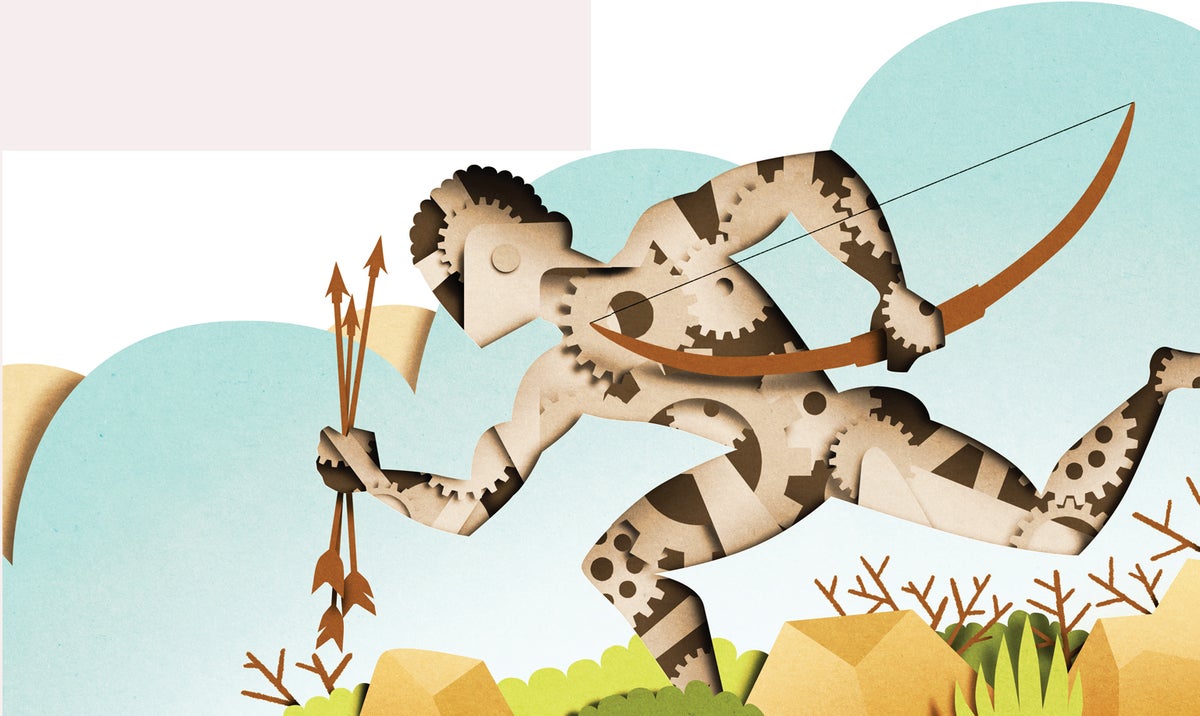Exploring Human Metabolism Through the Hadza Tribe's Hunting Practices

Tracking a wounded giraffe in Tanzania, a group of researchers, including anthropologist Mwasad from the Hadza tribe, explores human energy expenditure through a study on metabolism. The Hadza, traditional hunter-gatherers, rely on their deep knowledge of the landscape for hunting and foraging. Contrary to popular belief, research indicates that humans, regardless of their activity level, burn a similar number of calories, which challenges the idea that exercise significantly aids in weight loss. The findings suggest that modern obesity is more linked to dietary habits than to a lack of physical activity. Moreover, human evolution has favored a faster metabolism, allowing for larger brains and greater reproductive success, while also emphasizing cooperation and sharing as essential survival strategies.
- The Hadza tribe relies on traditional hunting and foraging for food.
- Research shows humans burn a similar number of calories regardless of activity level.
- Findings suggest obesity is more related to diet than a lack of exercise.
- Human evolution has led to a faster metabolism to support larger brains and cooperation.
What did the Hadza man Mwasad use to hunt the giraffe?
Mwasad used a steel-tipped wood arrow smeared with a powerful homemade poison to hunt the giraffe.
What was the main purpose of the researchers' study with the Hadza?
The researchers aimed to measure daily energy expenditure in the Hadza population to gain insights into human metabolism and its evolution.
How does this research challenge common beliefs about exercise and weight loss?
The research indicates that humans burn a similar number of calories regardless of their physical activity levels, suggesting that exercise does not significantly aid weight loss as commonly thought.